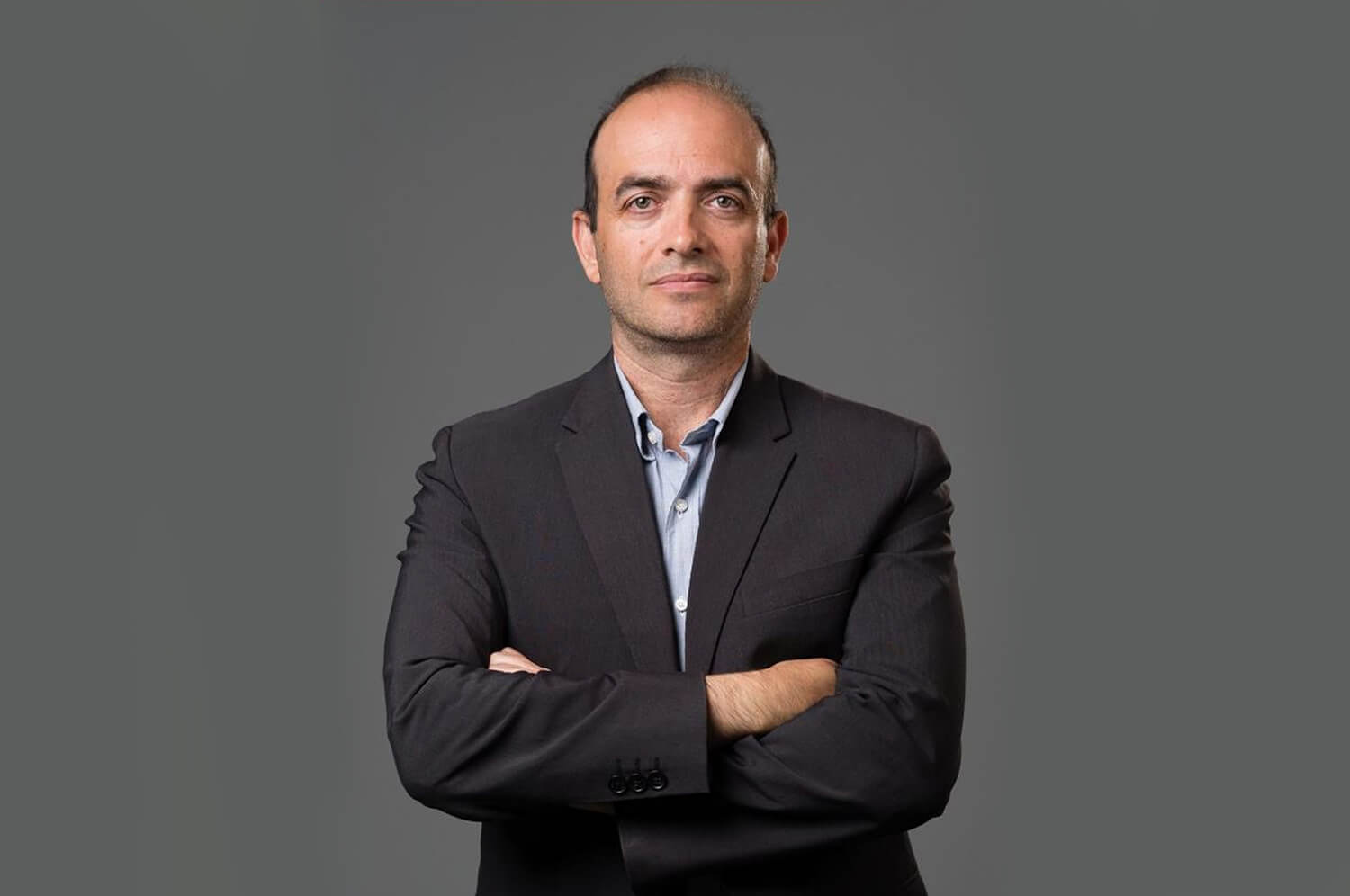The word is exaptation. It will change the future, and it may save your life.
It is a word traditionally used in evolutionary biology. But now in scientific and high-tech circles, it is used to describe finding and adapting processes and compounds to uses for which they were not originally intended.
In biology, exaptation is used to describe how an evolving species uses a trait in a new way. The classic cited example of exaptation is prehistoric creatures that developed wings to keep warm. A later iteration in the same species finds wings can also be used to fly.
In today’s use of the word, it means cross-fertilization of old discoveries with new technologies; extant remedies applied in new ways.
For example, a medicine that was created to treat one disease may be used effectively for another. A drug destined for a specific cancer may be used to treat an immune disorder like Myalgic Encephalomyelitis, also known as Chronic Fatigue Syndrome. A material developed for space travel may be ideal for strength and lightness in an automobile.
All this takes on much greater importance in the age of mega data and computer capacity to delve into it and find treasuries of new uses. Today’s machine learning enables the data to be squeezed and pummeled into yielding extraordinary applications and solutions.
“The challenge is to break down silos and to get companies to democratize their data internally and externally,” says Ryan Caldwell, CEO of MX, a financial technology company.
Now a forward-thinking NASA engineer wants to put this approach — this multidisciplinary, multi-material, multi-compound, multi-procedural, multi-operational data approach — on a fast track, accelerating cures and solutions.
He is Omar Hatamleh, chief innovation officer, engineering at NASA Johnson Space Center and executive director of the Space Studies Program at the International Space University.
Hatamleh, a polymath with a fistful of degrees, is establishing Infinity Institute, a new kind of think tank that will accelerate cross-industry innovation over the whole spectrum of discovery and application.
Think discovery and rediscovery as the findings of the past are linked to the needs of today, and as findings in one technology can pollinize unrelated technologies. Essentially, it is the story of NASA and the collateral developments from the space program. Exaptation at work.
The genesis of the Infinity Institute is to be found in a series of four annual NASA cross-industry innovation conferences — the last just concluded.
They were notable for what was not on the agenda: no large discussions of money or the lack of it; no whining about government or regulations, or court decisions. Just a world of science, ideas and the bond between the seemingly incompatible, which when brought together inform each other. A cellist, Jennifer Stumm, described the math in Bach and what that means for science. A NASA scientist, Steve Rader, described how to find affinity ideas through the Internet of Things. An animated filmmaker, Charlie Wen of Marvel Studios, revealed synergies with industrial design.
In the last of these conferences, data expert Caldwell described how he used the very kind of data management and interrogation Infinity Institute has in mind to save the life of a colleague at MX.
When Brandon Dewitt was diagnosed with terminal cancer in his lungs and face at age 33, and given six months to live, Caldwell went to work to break down the medical silos, which enclose so much medicine and hide so many research results. A new treatment being tested in Oregon, which he found, shrunk multiple tumors in Dewitt’s lungs and cheek and saved his life.
When Caldwell’s 2 ½-year-old daughter, Chloe, was given the wrong medicine in an emergency room, her heart stopped cold. Doctors said would live only a short time without a heart transplant. Caldwell and his wife went to work: They established a war room with computers and whiteboards and bored into the research. A therapy was found and Chloe, now nearly 4, is doing well.
Hatamleh’s first target for the new, sweeping concept of exaptation is cancer.
You would think that cancer is well-researched, but Hatamleh believes the exaptation route is the way to go: “We want to break down barriers, go across industries and identify emerging technologies from various industries and explore their application in other fields.”
He believes he can half the death rate from cancer in 10 years by cross-pollinating technologies and therapies and using the kinds of techniques and ideas on display at his unique innovation conferences.

 Follow
Follow
Leave a Reply